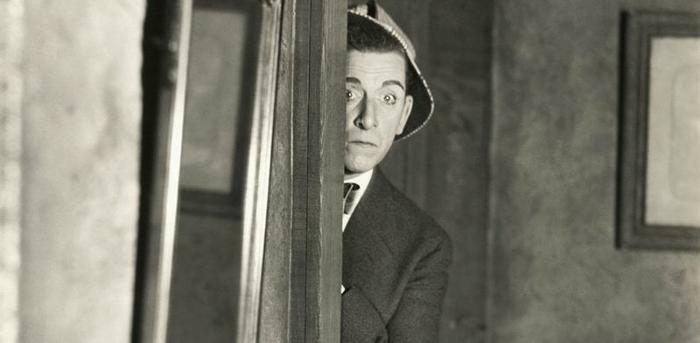
When an employer asks for your references, you put down the names of three people who pretty much think you walk on water. (And who you prep ahead of time, right?)
Employers know that. And they know that when they call the list of names you gave, they’re going to get glowing reviews.
Which is why, nowadays, they don’t stop there. Many hiring managers (especially at startups or for senior-level roles) now do a little something called a back-channel reference check.
Here’s how it goes: Say hiring manager Steve is considering making you an offer. Steve’s going to head over to your LinkedIn profile and see if you have any mutual connections. Steve’s going to ask a couple colleagues if they have any mutual connections. Steve’s going to hop over to Facebook, Twitter, and—if he’s really crafty—the email tool Conspire, and check each for even more mutual connections.
And then—without letting you know first—Steve’s going to reach out to these people, let them know he’s thinking about hiring you, and ask them for the real scoop.
Now, I’m not here to discuss whether this is fair or not (if you want to join in that conversation, you can do so here, here, and here), I’m here to make sure you, dear job seeker, know that this is taking place and help you have the best chances of success if it happens to you.
Consider this your new rulebook in the world of back-channel references.
Keep Your Reputation Squeaky Clean
I know—“don’t burn your bridges” is not new advice. But next time you even for a second consider leaving a job on ill terms, saying something not-so-nice about someone you know professionally, or throwing an old colleague under the bus, consider that the people you’re interacting with could very well be on the other end of the line with your prospective employer. And act accordingly.
Kinda changes things, right?
Do Your Research
That said, it is possible to predict which of your contacts a prospective employer might reach out to. Once you’ve had a couple of rounds of interviews (employers tend to wait until a bit later on in the interview process to do these calls), head over to LinkedIn, look at the profiles of anyone you’ve interviewed with, and see if you have any mutual connections. If so, these are likely the first people who will be called for a back-channel reference.
Use this to your advantage, and reach out to these connections in advance. Like this:
“Hi Erica, I hope all is well! I’m reaching out because I’m interviewing for the Account Manager position at Holt Group, and I see you’re connected to the founder, Steve. Small world! I just met with him today and had a fantastic conversation about the company’s rapid growth. As you know, fast-paced client onboarding is my specialty—so if you run into him (and, of course, if you’re comfortable), I’d be grateful if you could put in a good word.”
On the other hand, if there’s a mutual connection you really wouldn’t want to know about your job search (for example, say the head of the department is connected to your current boss), now’s a good time to preempt that. You can mention it in your interview or your thank-you note with something as simple (read: not paranoid) as this:
“By the way, I noticed we’re both connected to Jihan Brown on LinkedIn—small world! Just so you’re aware, she doesn’t know I’m looking to leave my current employer.”
Have a Long List of Your Own References
Most employers ask for three references, but there’s no rule that says you can’t go above and beyond. Give a longer list of five or so, and spell out why each one can, specifically, speak to your awesomeness. (And, again, prep them on each job you’re applying for.)
This doesn’t necessarily mean you’ll avoid the back-channel reference check (many employers consider it a mandatory part of the hiring process), but it can boost your chances as a candidate by showing just how many people respect you and, more importantly, why. Plus, in the off chance that one of your back-channel references isn’t very strong, you’ll still be able to show that there are plenty of people who can happily sing your professional praises.
For each person, write something like this:
Erin Alta
Erin was my direct report at AmEx. She can speak to my collaborative and team-oriented management style, as well as my track record for employee development and promoting from within.
Bonus points if you include someone you both know on this list!
Mark Farmingham
You and I both know Mark—and we both know what ambitious goals he sets for his team! As my direct supervisor for three years, he can speak to how well I thrive in a fast-paced, competitive environment.
Finally, don’t panic about this part of the hiring process. (It’s only one part of the process, after all.) Plus, in my experience, the back-channel reference confirms what the hiring manager already suspects: You’re a great candidate, and you’re going to do amazing things in this role.